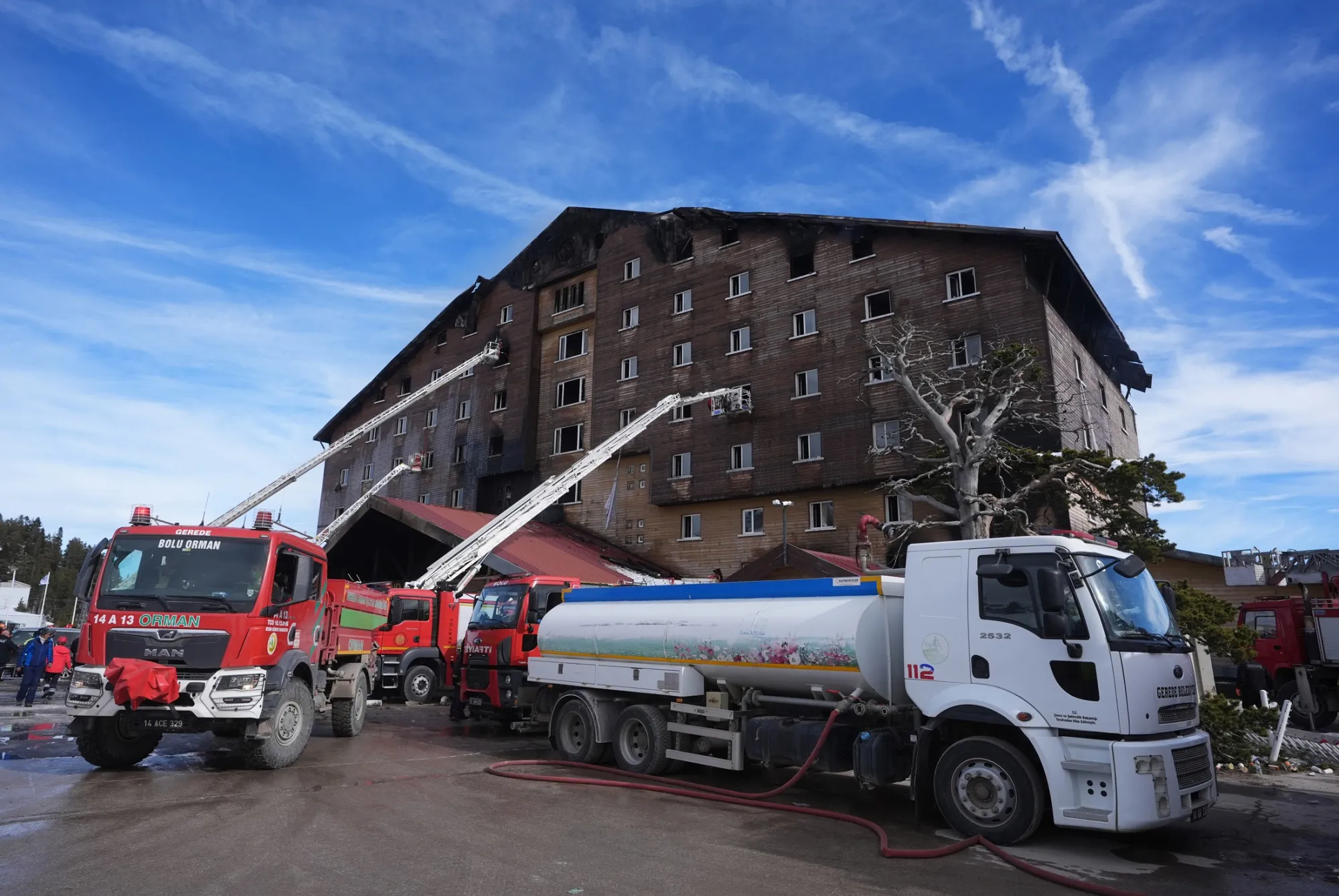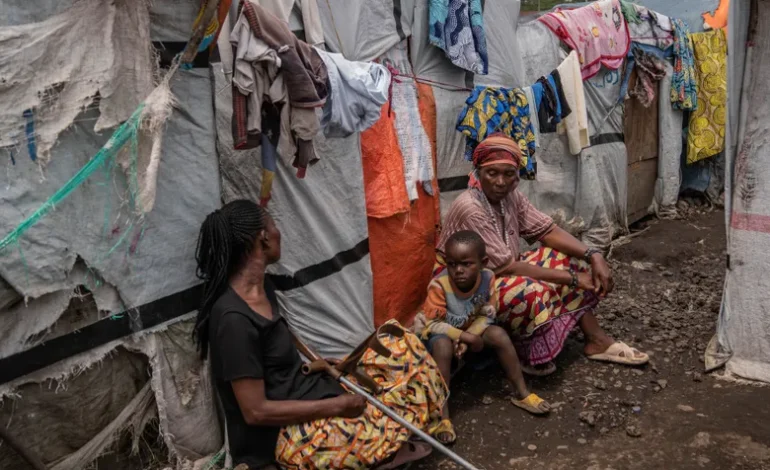The World Health Organization (WHO) has announced that mpox vaccines are set to arrive in the Democratic Republic of Congo (DR Congo) within the next few days as part of efforts to combat a recent outbreak of the virus.
WHO Director-General Tedros Adhanom Ghebreyesus confirmed this development during a press conference on Friday.
Approximately 230,000 doses of the mpox vaccine, which were donated by the European Commission and Danish manufacturer Bavarian Nordic, are scheduled for delivery soon. WHO official Tim Nguyen provided details on the shipment, highlighting the urgency of the situation.
The WHO has sped up the process of acquiring mpox vaccines by allowing them to be purchased before full approval. This move is intended to accelerate the distribution of vaccines to affected regions in Africa. The organization is currently reviewing applications for emergency licenses for vaccines manufactured by Bavarian Nordic and Japan’s KM Biologics, with approval expected within the next two weeks.
Rosamund Lewis, the WHO’s technical lead for mpox, expressed optimism that the new vaccines and other health interventions would help reduce the number of cases. Additionally, a manufacturer of mpox diagnostic kits has shown interest in obtaining emergency use authorization from the WHO.
The WHO declared the ongoing mpox outbreaks in Africa a global public health emergency earlier this month, following an increase in cases in the Democratic Republic of the Congo and neighboring countries. More than 18,000 suspected cases and 629 deaths have been reported in Congo, while Burundi has over 150 confirmed cases.
Tedros Adhanom Ghebreyesus expressed confidence that, with effective leadership and cooperation from various partners, it is possible to halt the outbreaks within the next six months. He noted that while recent weeks have seen a rise in mpox infections, there have been relatively few fatalities.
Mpox, also known as monkeypox, is a virus related to smallpox that typically causes mild symptoms such as fever and body aches, but can progress to severe cases with painful sores. The virus is primarily transmitted via close skin-to-skin contact.
In response to the outbreak, the WHO is launching educational campaigns to raise awareness about preventing the spread of mpox. Despite a significant global response, the continent has only received a fraction of the necessary vaccines. The head of Africa’s Centers for Disease Control and Prevention recently stated that the continent expects approximately 380,000 doses from various donors, which is less than what is needed to fully control the outbreaks.
With input from Reuters and the Seattle Times.









